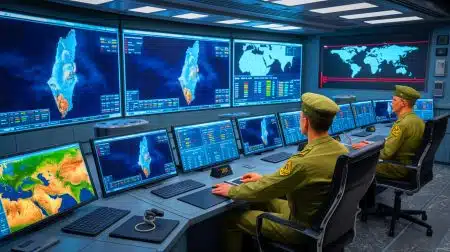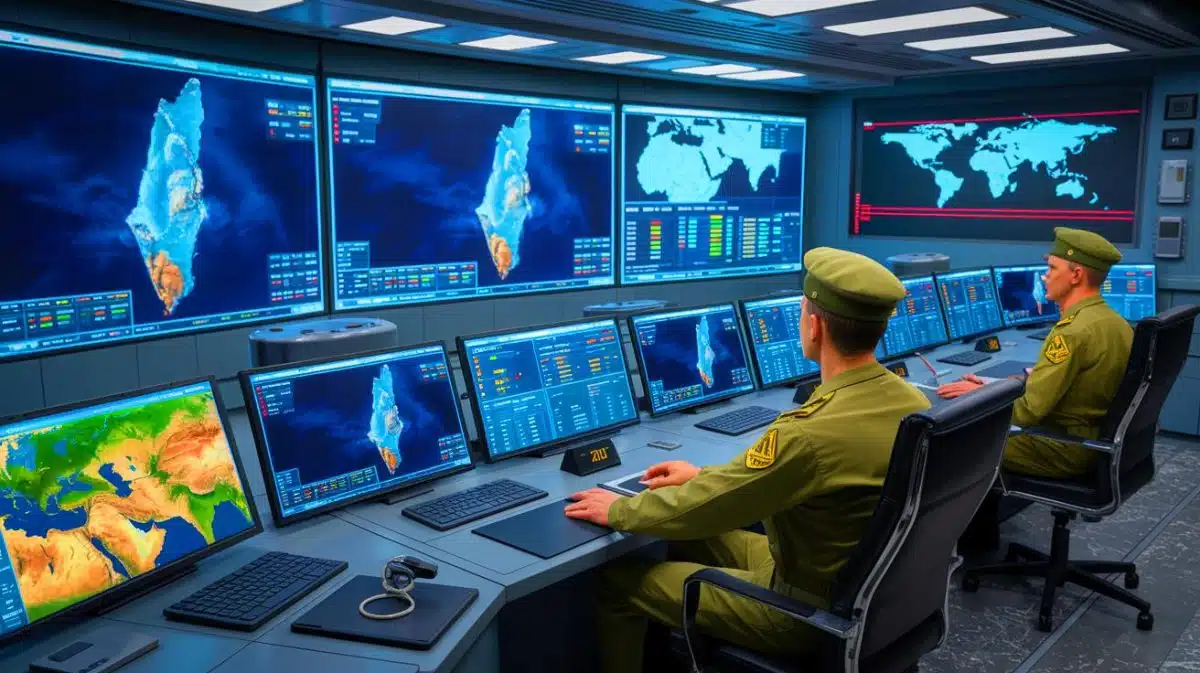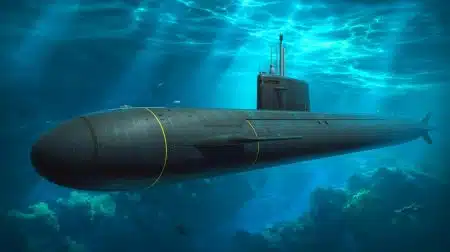| IN A NUTSHELL |
|
The tensions in the Middle East have reached a new peak with recent revelations about Israel’s nuclear capabilities. Reports suggest that Israel’s nuclear arsenal might be far more extensive than previously believed. While earlier estimates placed the number of nuclear warheads at around 90, new analyses indicate that Israel could possess up to 300 warheads. This revelation significantly alters the strategic landscape of the region, introducing new complexities to the already fraught geopolitical environment. As these findings circulate, they raise questions about the future of nuclear deterrence and stability in the Middle East.
The Secretive Nuclear Program
For decades, Israel has maintained a policy of nuclear ambiguity, neither confirming nor denying the possession of nuclear weapons. This strategy aims to deter potential aggressors while avoiding regional nuclear arms races. However, recent open-source data, including satellite imagery and plutonium production analysis from the Dimona reactor, suggests a different reality. These findings estimate that Israel has produced between 750 and 1,110 kilograms of separated plutonium since the late 1960s.
Given that approximately 4 kilograms of plutonium are required for one nuclear bomb, these figures translate into a potential arsenal of 187 to 277 nuclear warheads. The sophistication of Israel’s weapons could allow for even more warheads. This substantial arsenal positions Israel alongside major nuclear powers and raises critical questions about nuclear stability in the region.
A Comprehensive Nuclear Triad
Contrary to earlier beliefs, Israel’s nuclear capabilities are not limited to a few isolated warheads. The country reportedly possesses a full nuclear triad, a status previously reserved for the United States, Russia, and China. This triad encompasses land, air, and sea-based nuclear delivery systems, enhancing Israel’s strategic flexibility and deterrence.
- Land: The Jericho III ballistic missiles have a range of approximately 4,040 miles, capable of reaching nearly any point in Europe, Africa, or Asia.
- Air: Advanced fighter jets such as F-15s, F-16s, and F-35s have been modified to carry nuclear bombs, increasing Israel's operational reach.
- Sea: German-built Dolphin-class submarines are reportedly equipped with nuclear cruise missiles. Some reports indicate these submarines patrol the Arabian Sea, ensuring a second-strike capability in case of a first-strike attack on Israel's land-based infrastructure.
https://visegradpost.com/en/2025/09/10/540-drones-and-45-missiles-russia-launches-massive-attack-on-14-ukrainian-regions-following-crimean-strike/
This robust retaliatory capability is part of what is known as the "Samson Option" in Israel, ensuring an overwhelming response in the face of existential threats.
Revelations Amid Rising Tensions
The disclosure of Israel's extensive nuclear capabilities occurs against a backdrop of escalating regional tensions. On June 13, Israel launched Operation Rising Lion, a large-scale attack targeting Iranian nuclear facilities at Natanz, Arak, and Isfahan. This operation aimed to delay or neutralize Iran's potential to develop a nuclear bomb.
Benjamin Netanyahu justified the operation unequivocally: "We needed to prevent a second Holocaust. We will not wait for the world to wake up."
https://visegradpost.com/en/2025/09/09/egypt-shocks-israel-with-3620-battle-tanks-while-tehrans-secret-arsenal-threatens-regional-military-balance-forever/
In response, Iran launched a barrage of missiles and drones toward Tel Aviv and Haifa. Although most were intercepted, the attacks underscored the volatility of the situation. The ongoing hostilities highlight the precarious balance of power in the region and the potential for further conflict.
Iran's Nuclear Ambitions
The International Atomic Energy Agency (IAEA) reports that Iran possesses enough enriched uranium to produce nine nuclear weapons within a month. Recently, the White House claimed that Iran could assemble a nuclear weapon in just two weeks. Despite Iran's denial of any intention to develop nuclear weapons and its continued adherence to the Treaty on the Non-Proliferation of Nuclear Weapons (NPT), international suspicions persist amid ongoing attacks and a lack of trust.
If Iran acquires nuclear weapons, other regional powers such as Saudi Arabia, Turkey, and Egypt might pursue similar capabilities. This scenario could transform the Middle East into a new theater of nuclear proliferation, with all the associated risks.
As the Middle East faces an uncertain future, the potential expansion of nuclear arsenals raises urgent questions about global security. How might these developments influence international diplomatic efforts and the broader quest for stability in the region?
Did you like it? 4.4/5 (23)









😲 Wow, 300 nukes? That’s a lot more than I expected!
Wow, 300 nukes? Are we sure about these numbers? 🤔